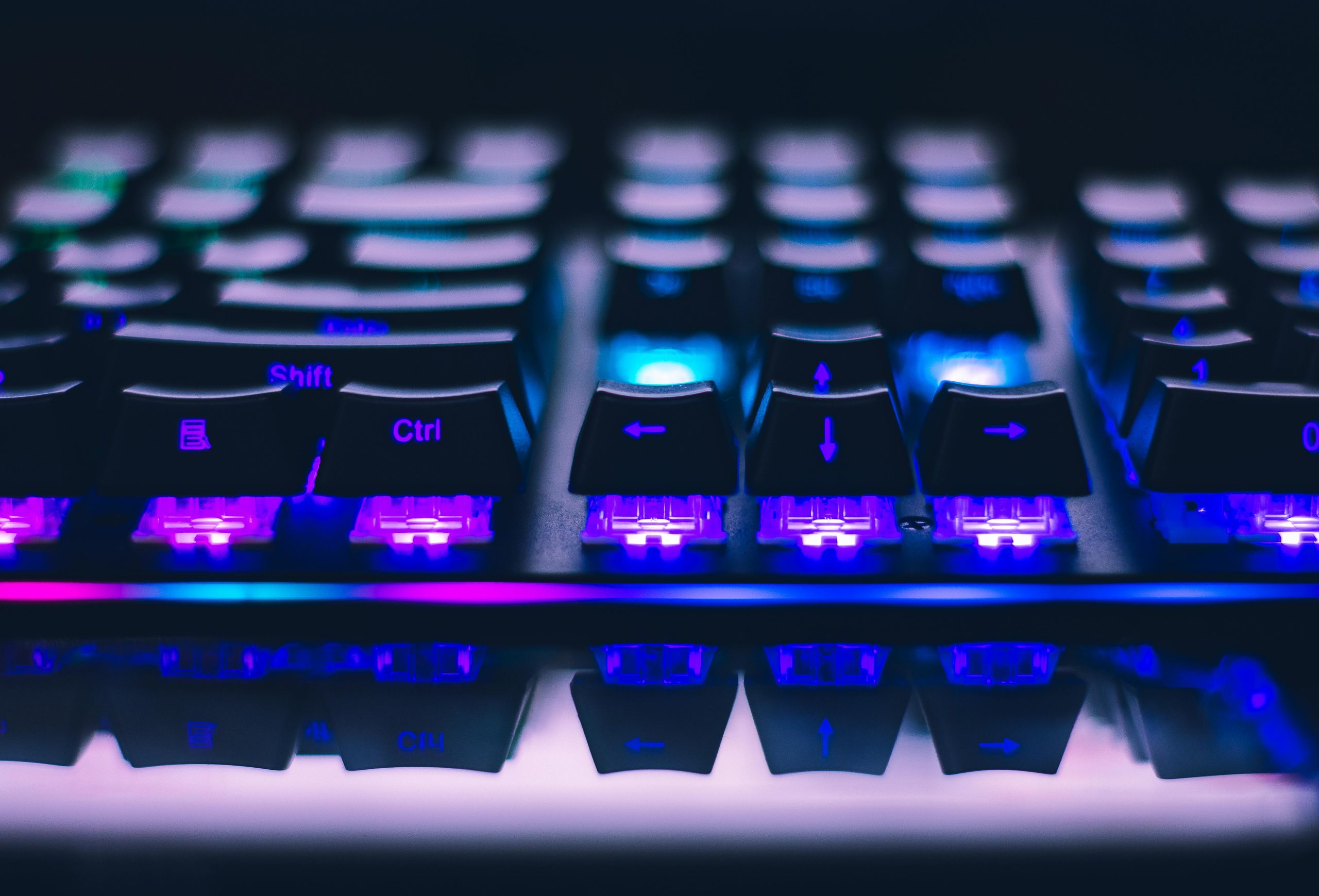Troubleshooting Your PC’s Sleep-Wake Conundrum: Solutions for Unwanted Waking
Building your own PC can be a rewarding experience, especially after years of using laptops. However, encountering issues with your setup can be quite frustrating. One common problem that many users face is their computer unexpectedly waking up shortly after entering sleep mode. If you’ve recently stepped away from a laptop and find yourself dealing with this issue, here are some insights and potential resolutions that may help you regain control over your device’s sleep behavior.
The Dilemma: Frequent Wake-Ups
After transitioning to a custom-built PC, it can be incredibly annoying to find your computer waking up on its own just minutes after you put it to sleep. If you’ve noticed this happening consistently, you’re not alone. Many users encounter this irritation, especially those accustomed to the simplicity of laptops.
Steps Taken So Far
In your efforts to resolve this issue, you’ve unplugged all USB devices—including the mouse, keyboard, and controller—yet the problem persists. Running the command powercfg /lastwake didn’t reveal any specific triggers, and you’ve taken the initiative to examine the power management settings, ensuring that all USB devices are configured to prevent unwanted wake signals.
Despite these measures, it appears that your graphics card, the Gigabyte GeForce RTX 3060, is often the first component to spring to life upon waking. This could indicate an underlying issue that warrants further investigation.
Possible Causes and Solutions
- Check Wake Timers:
-
Some scheduled tasks or updates can trigger your PC to wake up. You can disable wake timers in the Power Options settings to see if that resolves the issue.
-
Network Adapters:
-
Many users don’t realize that network adapters can also wake a PC for updates or network activity. Go to Device Manager, open the properties for your network adapter, and disable the option that allows it to wake the computer.
-
Power Settings:
-
Review your system’s advanced power settings. There may be options that allow devices to wake your PC. Adjust these settings under the Sleep and USB sections.
-
BIOS/UEFI Settings:
-
Occasionally, settings within the BIOS or UEFI can impact sleep behavior. Enter BIOS/UEFI during startup and look for power management settings that could influence wake events.
-
Peripheral Devices:
- Even though you’ve disconnected USB devices, it may be
Share this content:




It sounds like you’ve already taken several effective steps to troubleshoot the issue with your PC waking unexpectedly. Since you’ve ruled out USB devices and checked command outputs like
powercfg /lastwake, I recommend the following additional measures:Navigate to Control Panel > Power Options > Change plan settings > Change advanced power settings. Expand Sleep and disable options related to wake timers. This often helps prevent scheduled tasks from awakening your PC.
Open Device Manager, locate your network adapters under Network Adapters. Right-click each adapter, select Properties, then go to the Power Management tab. Uncheck options like Allow this device to wake the computer. This can prevent network activity from waking your system unexpectedly.
In Advanced power settings, verify options under USB settings and Sleep. Disabling selective suspend for USB or changing sleep parameters may help reduce unwarranted wake events.